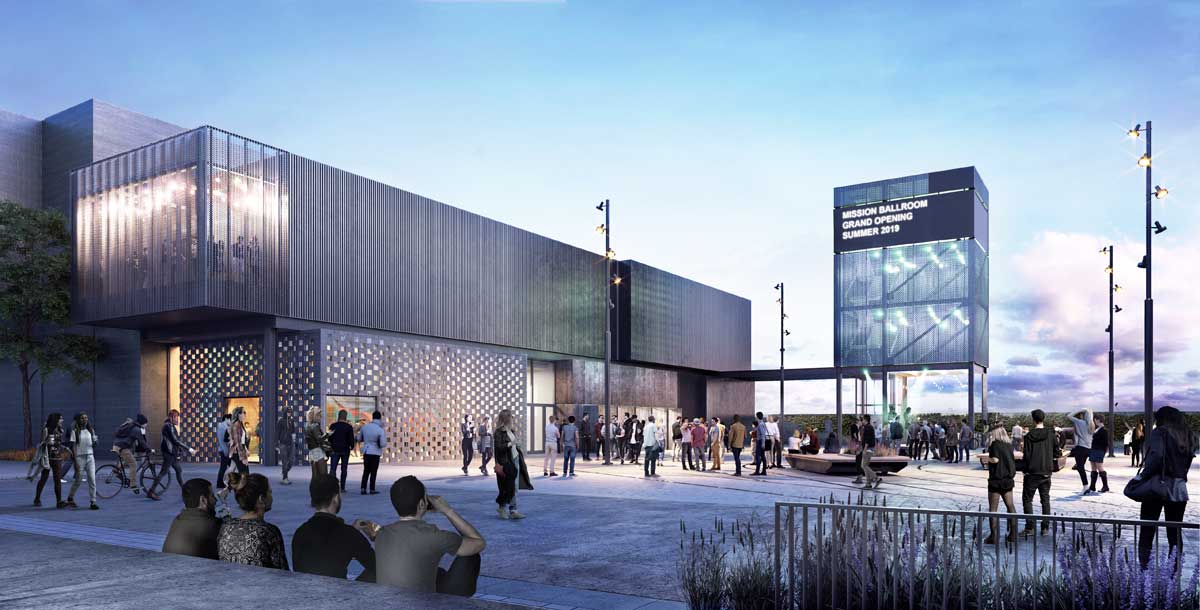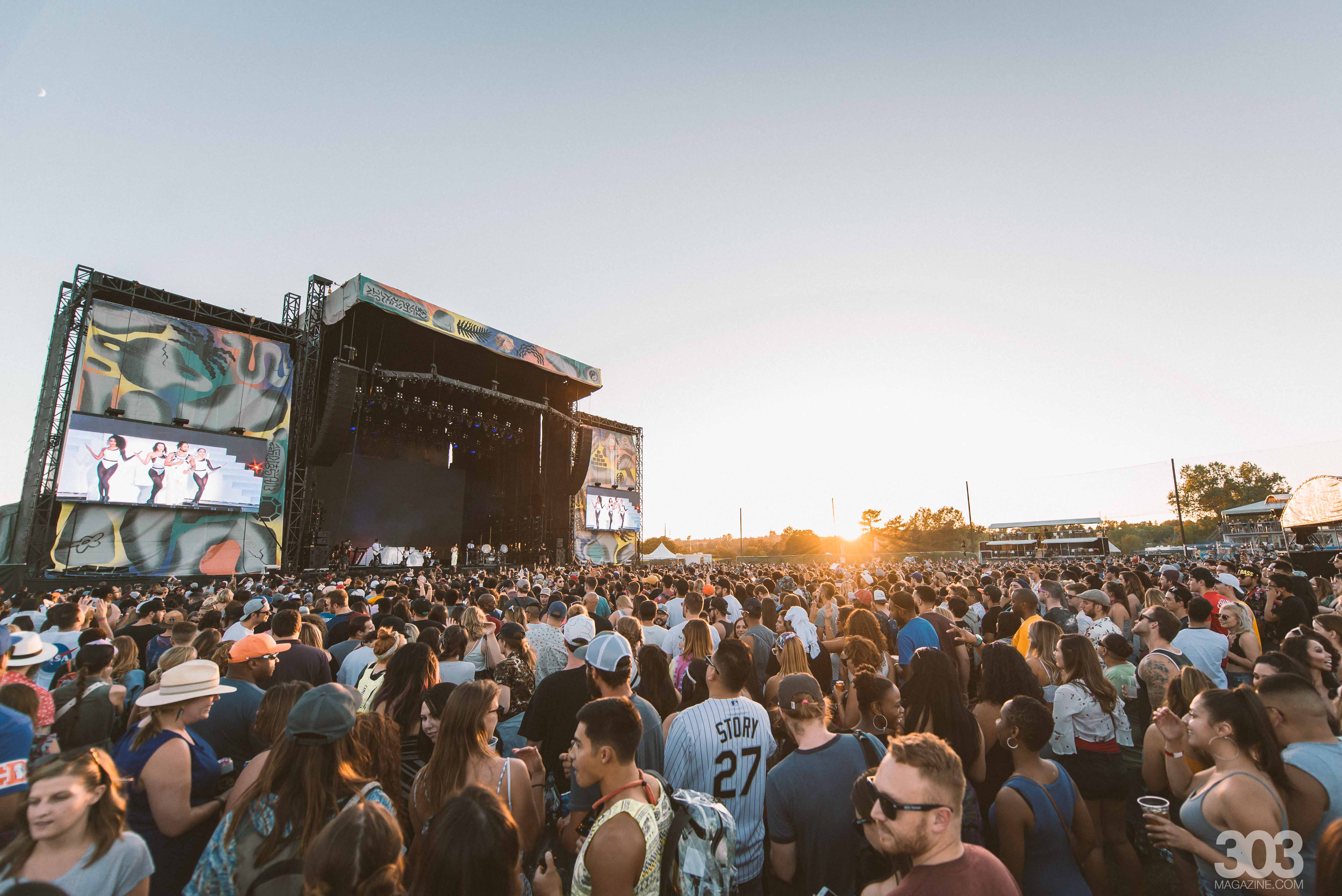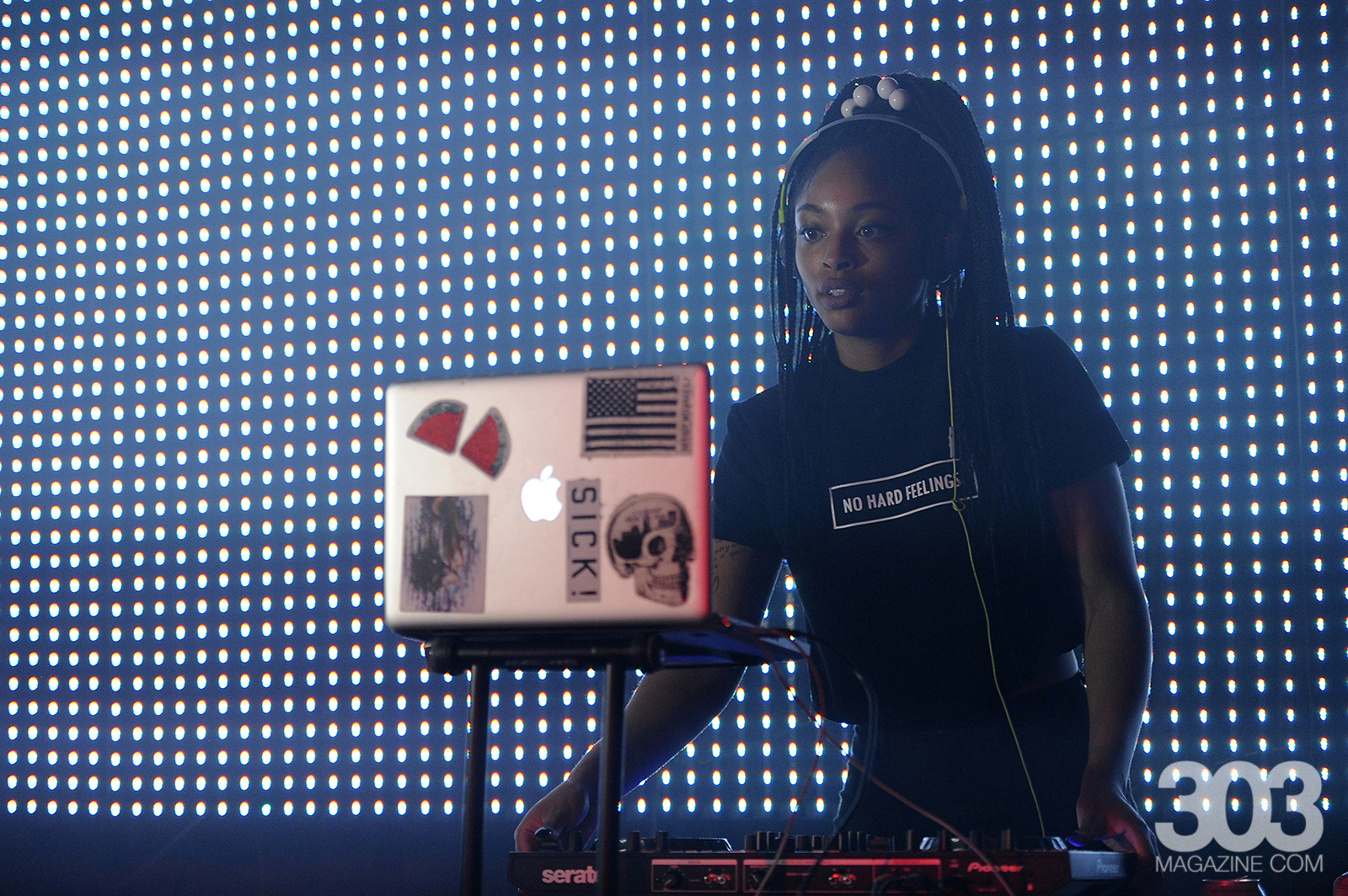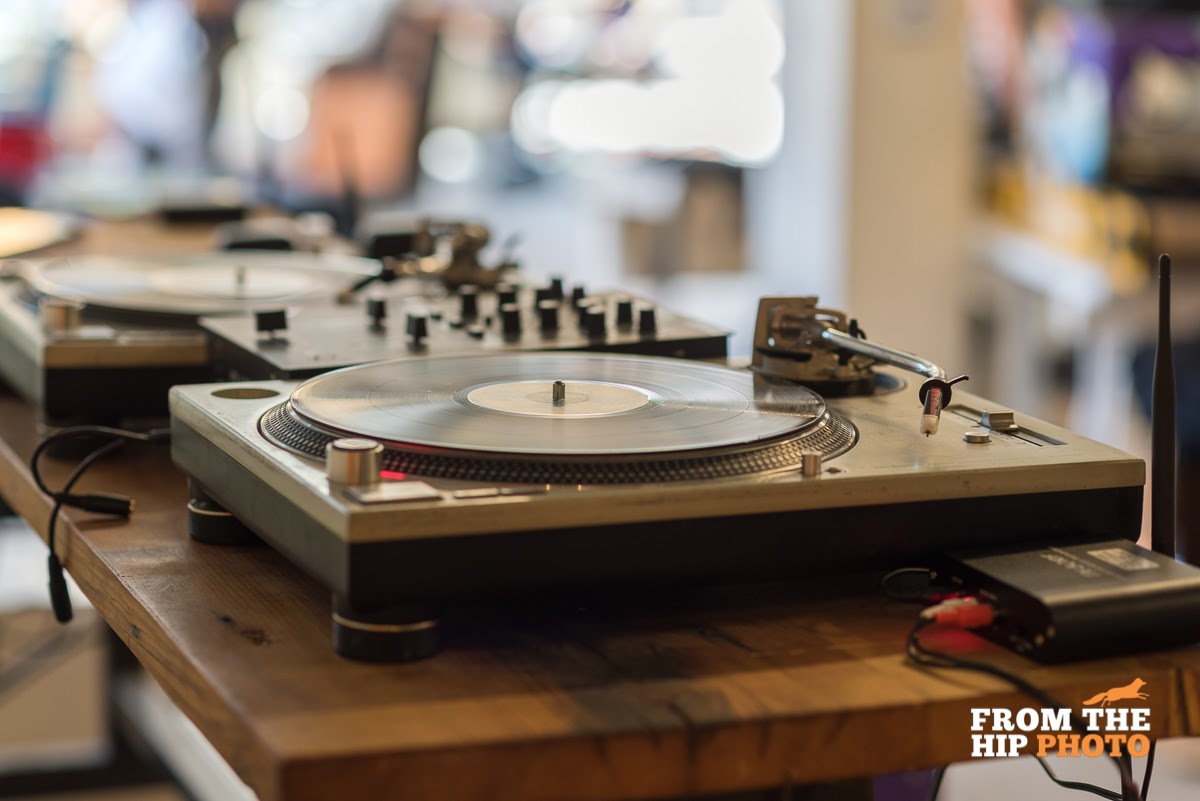Denver’s music landscape saw a lot of shakeups in 2018. From new festivals such as Grandoozy, venues like Summit getting a facelift and local promoters getting bought out by larger companies, 2019 is already shaping up to be a big year for music in the Mile High City. Some changes — such as the $100,000 public fund established for local artists — aim to help usher in a new era of local acts. However, other changes such as the simultaneous promotion takeover by AEG and Live Nation have created an air of uncertainty for the upcoming year.
Here’s a breakdown of some the most important contributions in developing Denver’s music scene this year.
Acquisitions by Big Promoters
The acquisitions made by AEG and Live Nation in the past year are significant, even if it doesn’t seem apparent at first. AEG, owned by Denver billionaire Philip Anschutz, owns venues across Colorado including 1st Bank Center, Bluebird Theater, Fiddler’s Green, The Gothic Theatre and The Ogden. Back in September, AEG purchased PromoWest, an Ohio-based promoting company that books shows across the Midwest — including Colorado. While AEG’s influence on Colorado’s music scene has grown, the acquisition of PromoWest means that regional acts may have a more difficult time getting booked seeing as they now have to compete with AEG’s large roster of high-profile artists.
In a similar move, Live Nation struck a deal early 2018 with Soda Jerk Presents, a live entertainment company local to Colorado. Soda Jerk Presents was a primary promoter for Summit Music Hall and Marquis, with Live Nation occasionally booking shows at these two venues. Now, Live Nation will be the exclusive promoter for Summit and Marquis, while continuing to book venues such as Mile High Stadium, Coors Field, Red Rocks and the Pepsi Center. Both venues also received renovations following the acquisition, bringing the venues up to par with the Fillmore Auditorium, which is also owned and operated by Live Nation. Live Nation also acquired 51% of the Colorado-based promoting company Emporium Presents back in October. The sole promoters for the Levitt Pavilion since its inception mid-2017, Emporium Presents will hand over its booking to Live Nation, now the majority stakeholder, for its ticketed shows. Levitt will continue booking its free in-house concert series and remains dedicated to booking local artists.
While Soda Jerk Presents will continue to book shows at smaller venues such as the Black Sheep and Hodi’s Half Note, Denver’s largest venues are now in the hands of massive promoting companies. This means that only the biggest acts will make the cut, a threat to smaller and local artists as well as promoters native to the state. In this sense, concerts in 2019 may become more homogenous in sound and could shrink the variety of shows booked at these venues.
New Venue Announcements

With the pressure of competition mounting as Live Nation seeks to cash in on Denver’s flourishing music scene, AEG announced in April plans for a new venue in Denver. The Mission Ballroom will rival the Fillmore in size and is slated to open summer of 2019 in the RiNo neighborhood.
Smaller, more eclectic venues are also making their debuts. Dean Ween of the seminal rock band Ween announced in late November he will be opening a marijuana-friendly venue right here in Denver. You read that right — Dean Ween of Ween is opening a weed spot. Dubbed Dean Ween’s Honey Pot Lounge, it will be located at the Circus Collective near Coors Field. Can you guess the anticipated opening day? April 20, 2019, of course.
Meow Wolf kicked off this year with an announcement that they would be establishing their first site of expansion right in the heart of Denver. The project to create the interactive 90,000-square-foot space broke ground late 2018 and, like its Santa Fe counterpart, will have a music venue as well. Though it’s not projected to be ready until 2020, Meow Wolf’s presence in Denver has already had a rippling effect on the local arts community.
More Interactive and Experiential Events

Two notable interactive events have cropped up this year. Sponsored by Meow Wolf, the pop-up Far Out Factory debuted in October. It served as a small sampling of the incredible collaboration between art and music that seems to be on the forefront of Denver’s transformation. Due to its overwhelming success, Far Out Factory already has a few ideas brewing for 2019.
Meow Wolf also partly sponsored another event this year. The block party Temple Tantrum showcased a variety of creative talent with over 20 bands performing across two stages. These musical performances shared the spotlight with a myriad of stand-up comics, visual art, food trucks and a giant FunHouse.

2019 will see another pop-up interactive event — but this one plans on sticking around for three months. The Museum of Outdoor Arts will host Natura Obscura, an enchanting forest-themed installation that will incorporate virtual reality technology to engage in all of the senses for a surreal experience.
New (and Improved) Music Festivals

Colorado saw the unveiling of three new music festivals in 2018, while some already established festivals exceeded previous expectations. If you’ve somehow managed to avoid all local news in 2018, then you might not have heard about the massive debut of the three-day festival Grandoozy. In short, it was a doozy. Three days of headlining acts like Stevie Wonder and Kendrick Lamar, an impressive spread of local food and drink, live paintings, daily yoga and even a South Park-themed carnival game — Grandoozy made a splash in 2018 and will be here to stay.
The Seven Peaks Festival debuted earlier this year near Buena Vista. Three days of bluegrass, country music and camping nestled at the foot of the Collegiate Peaks brought artists and concert-goers from around the state and the nation.

303 Magazine also debuted the 303 Music Fest, a showcase of strictly local talent hosted at the Church Nightclub. With over 17 local performing acts, 303 Music Fest served as a much-needed reminder that the local scene is vast and thriving.
There was a festival that managed to exceed their already wonderful reputation this summer. The Underground Music Showcase added over 100 acts to its line-up and supplemented the festival with two additional collaborations. UMS collaborated with Sesh Fest to bring music fans a curation of some of the best local brews, while 303 Magazine teamed up with the event for an interactive stage and pop-ups.
Financial Support
The local music scene can expect to continue growing into 2019 as the Denver Music Advancement Fund and IMAGINE 2020 Grant begins to disperse funds amongst a long list of local music communities and organizations.

The Denver Music Advancement Fund set aside a total of $100,000, with each recipient eligible to up to $7,500, in a long-term effort to sustain and grow Denver’s local music scene. 2018 was the pilot year for the Denver Music Advancement Fund, which pooled the money through a public/private partnership with Denver Arts & Venues, Illegal Pete’s and LivWell Enlightened Health. The funding will support smaller venues, such as Seventh Circle, that showcase local talent and often rely on small donations from patrons. It will also help organizations like Youth on Record and Girls Rock Denver, which work to make music accessible to young people and underrepresented demographics.
The IMAGINE 2020 Grant, which is in its fourth year, set aside additional funding that also allows recipients up to $7,500 in funding. Both grants have brought in a combined total of $130,000 worth of funding for local music initiatives and are representative of the drastic changes across the city’s music scene.
Overall, 2018 was an eventful year with a lot of significant changes that have long-lasting implications for the future of Denver music. Efforts to financially support the local scene will help grow the musical landscape by providing more opportunities for smaller artists to hone their craft. While some efforts are certainly being made to help stimulate growth, other changes — like the acquisitions made by massive corporations — might have a different impact. Independent promoters hold a unique position of familiarity within their local scenes that massive companies simply can’t achieve. 2019 may very well demonstrate the simultaneous growth and shrinkage of Denver’s musical landscape.





